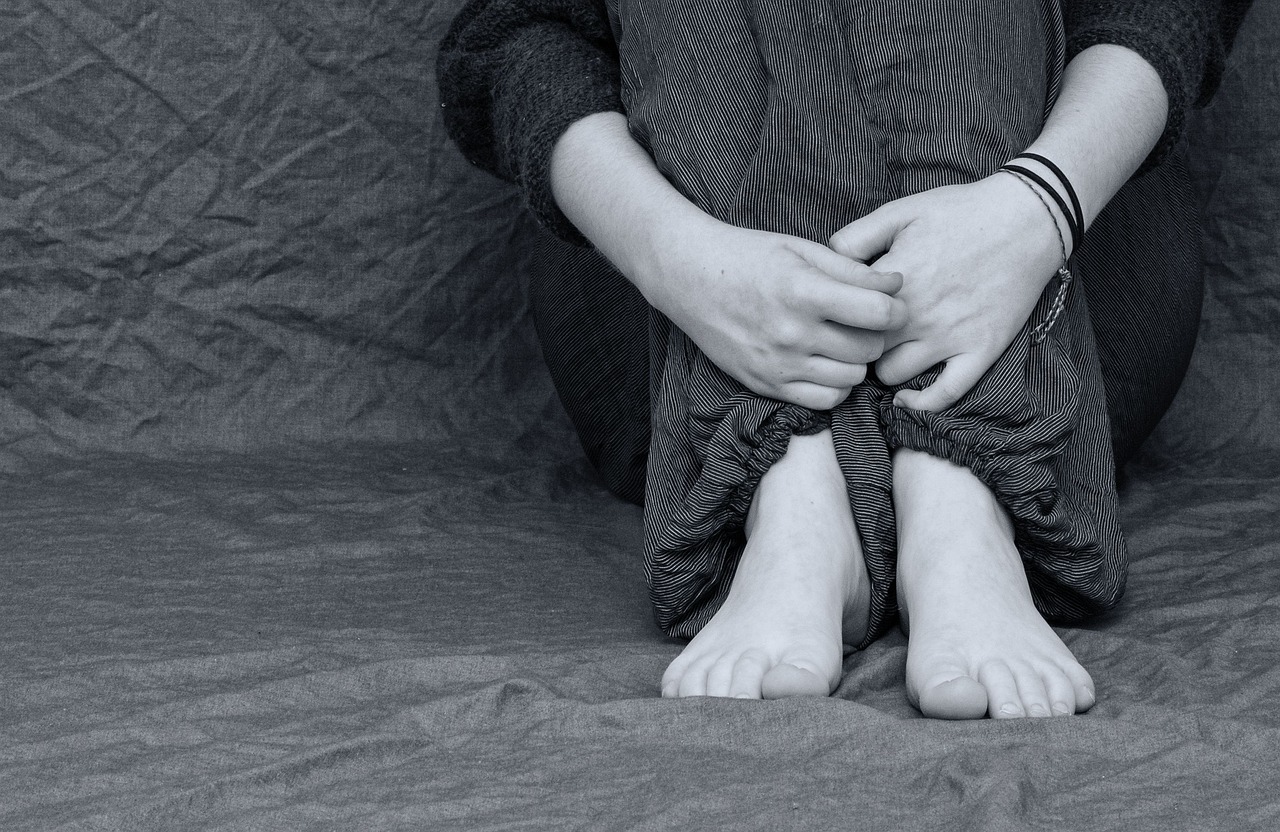Loss of interest – It might be hard to tell if your child has become disinterested in things that used to interest them if they are not open with you, but it pays to pay close attention. If your adolescent is no longer interested in things like keeping in contact with their friends or in playing the latest video games, whatever he or she used to be excited about, then it could be cause for concern.
Change of appetite – Is your always-hungry teen suddenly disinterested in food? Is your teenager suddenly and uncharacteristically eating all the time (particularly “comfort foods” or sweets)? These could both be signs of depression, and should be watched carefully. They could also indicate problems like an eating disorder, and so should be taken seriously no matter what the circumstances.
Irritability – While it can be hard to tell if your teen is irritable in general or just snappy with you as an authority figure, it is good to note that excessive irritability may be a sign of depression.
A bleak outlook – If your child is suddenly talking in the negative or talking about suicide, chalking it up to “mood swings” can be a mistake that can have deadly consequences. This may be one of the most overlooked of the depression signs in adolescents because many parents feel that it is normal to be pessimistic in the teenage years. This is also often paired with self-loathing, which may manifest in a variety of ways including verbally (“I’m such a loser” or “No one likes me, anyway”), self-abuse like cutting, or talk of suicide.





